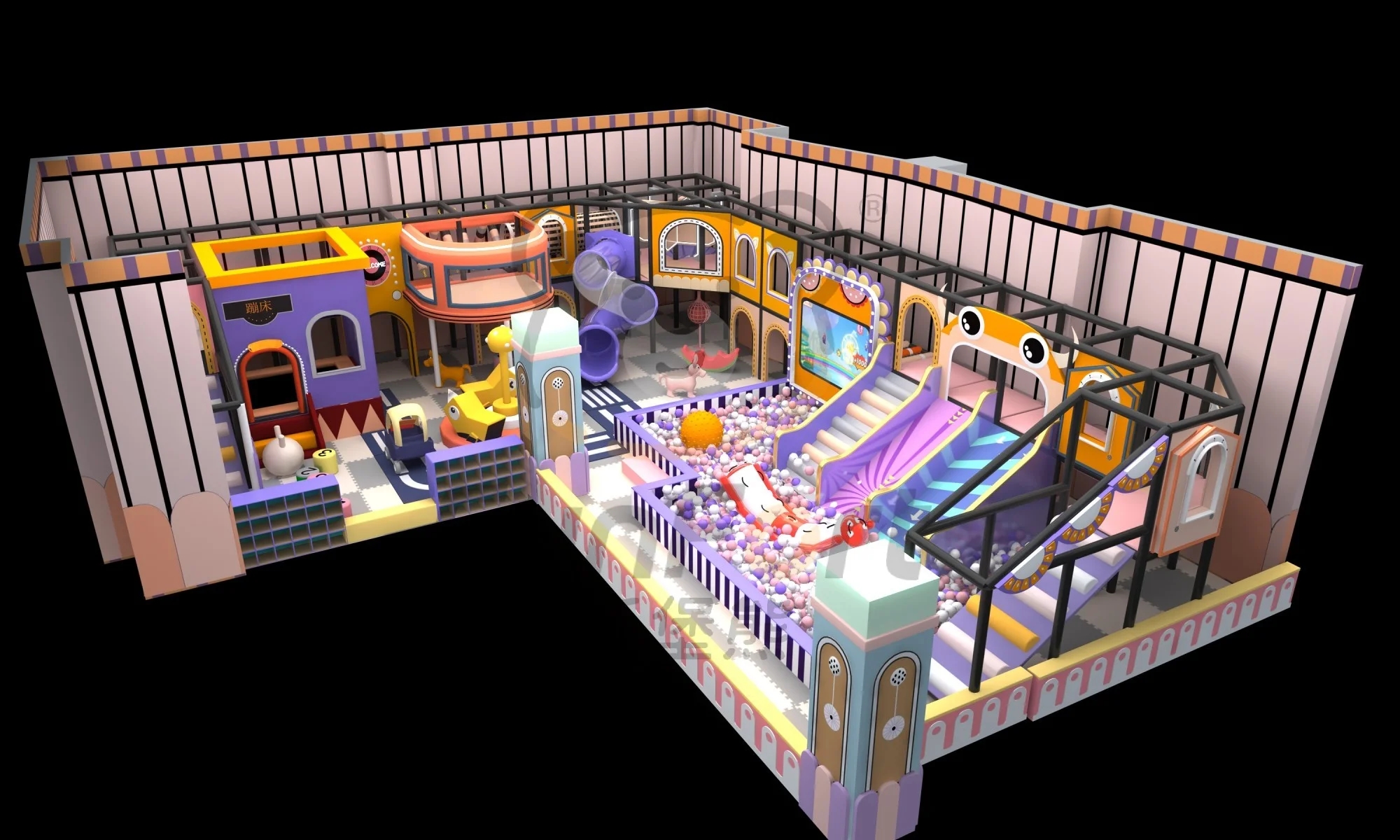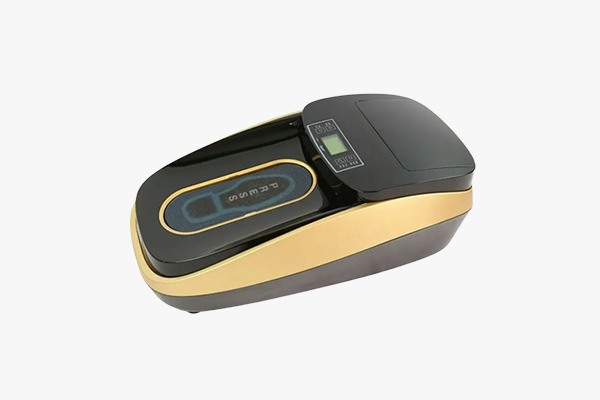In today's fast-paced world, where energy conservation and sustainability are of paramount importance, it becomes crucial to identify and rectify the inefficiencies that exist in our daily lives. Among the various aspects contributing to energy wastage, household appliances play a significant role. This blog post aims to unravel the mystery surrounding the most inefficient appliance, shedding light on its impact, causes, and potential solutions.
- Understanding Energy Efficiency:
Before delving into the specifics, it is essential to comprehend the concept of energy efficiency. Energy efficiency refers to the ability of an appliance to perform its intended function while minimizing energy consumption. The higher the energy efficiency rating, the more effectively an appliance utilizes energy. - Factors Influencing Appliance Efficiency:
Numerous factors contribute to the inefficiency of household appliances. These include outdated technology, poor design, lack of maintenance, and user behavior. It is crucial to analyze these factors to identify the most inefficient appliance accurately. - The Culprit Revealed: Air Conditioners:
Among the myriad of household appliances, air conditioners emerge as the most inefficient. These cooling systems consume substantial amounts of energy, resulting in high electricity bills and environmental degradation. The following factors contribute to their inefficiency: a. Oversized Units: Improperly sized air conditioners lead to excessive energy consumption. Oversized units cycle on and off frequently, consuming more energy than necessary. b. Lack of Maintenance: Neglected air conditioners accumulate dust, dirt, and debris, hindering their performance. Clogged filters and coils reduce efficiency, leading to increased energy consumption. c. Inadequate Insulation: Poor insulation in homes allows cool air to escape, forcing air conditioners to work harder to maintain desired temperatures. This inefficiency can be mitigated by improving insulation. d. Outdated Technology: Older air conditioning models lack the advanced features and energy-saving mechanisms found in newer, more efficient units. Upgrading to modern systems can significantly reduce energy consumption. - Solutions for Enhanced Efficiency:
To combat the inefficiency of air conditioners and other appliances, several solutions can be implemented: a. Regular Maintenance: Routine cleaning, filter replacement, and professional servicing enhance the efficiency and lifespan of appliances. b. Energy-Efficient Models: Opting for appliances with high energy efficiency ratings, such as those labeled with the ENERGY STAR symbol, ensures reduced energy consumption. c. Smart Technology Integration: Utilizing smart thermostats and home automation systems allows for better control and optimization of energy usage. d. Behavioral Changes: Encouraging energy-conscious habits, such as adjusting thermostat settings and minimizing appliance usage, can significantly contribute to efficiency.
Conclusion:
In the quest for energy conservation, identifying and rectifying inefficiencies in household appliances is crucial. Among them, air conditioners stand out as the most inefficient due to various factors such as oversized units, lack of maintenance, inadequate insulation, and outdated technology. By implementing solutions like regular maintenance, upgrading to energy-efficient models, integrating smart technology, and adopting energy-conscious habits, we can mitigate the inefficiency and pave the way for a more sustainable future.



More Stories
SENO Expands Globally with Exclusive Licensing Deal in France
How to Build a Successful Car Export Business
Complete Guide to Choosing the Right Cooler Bag for Travel & Everyday Use